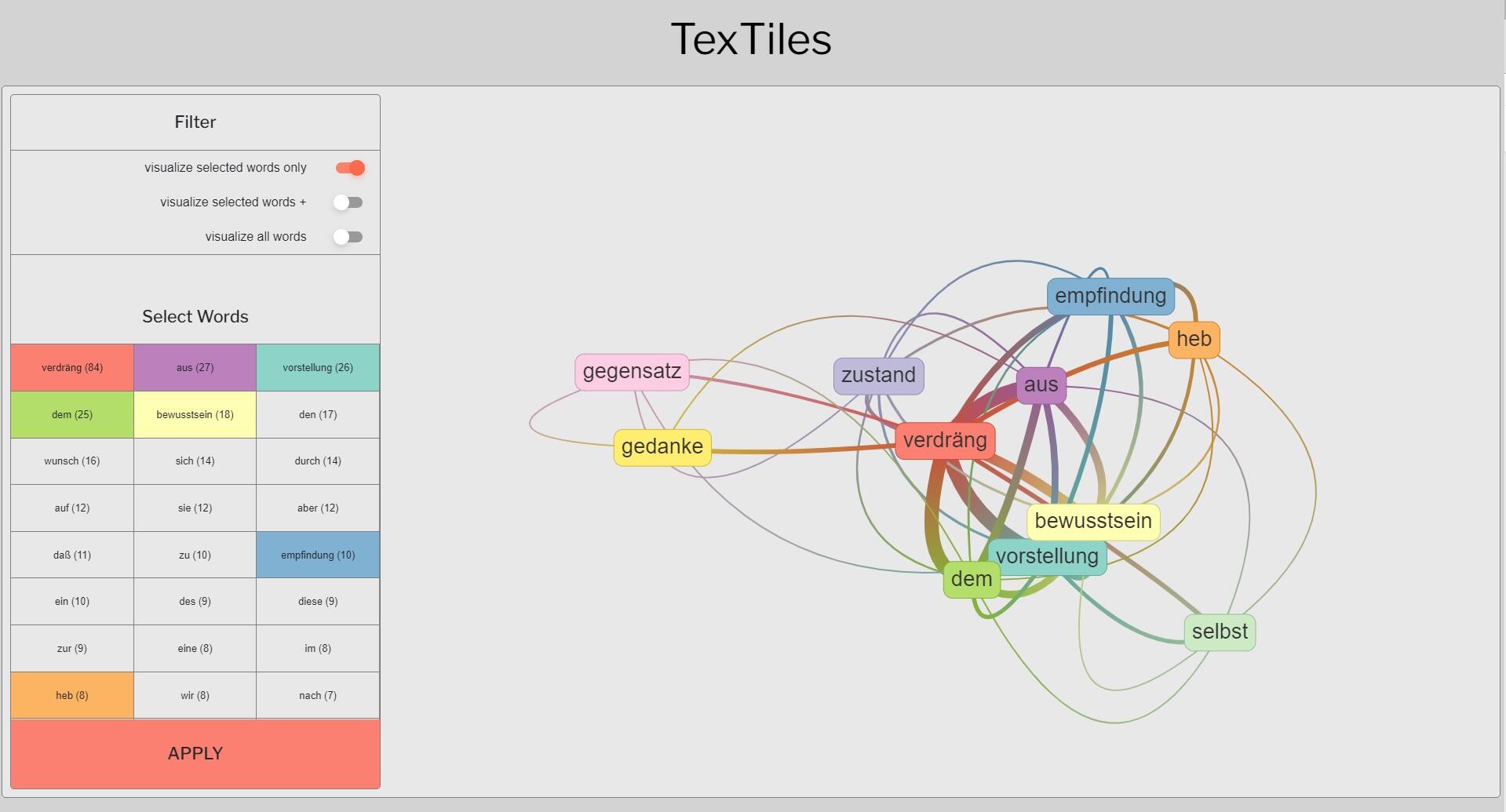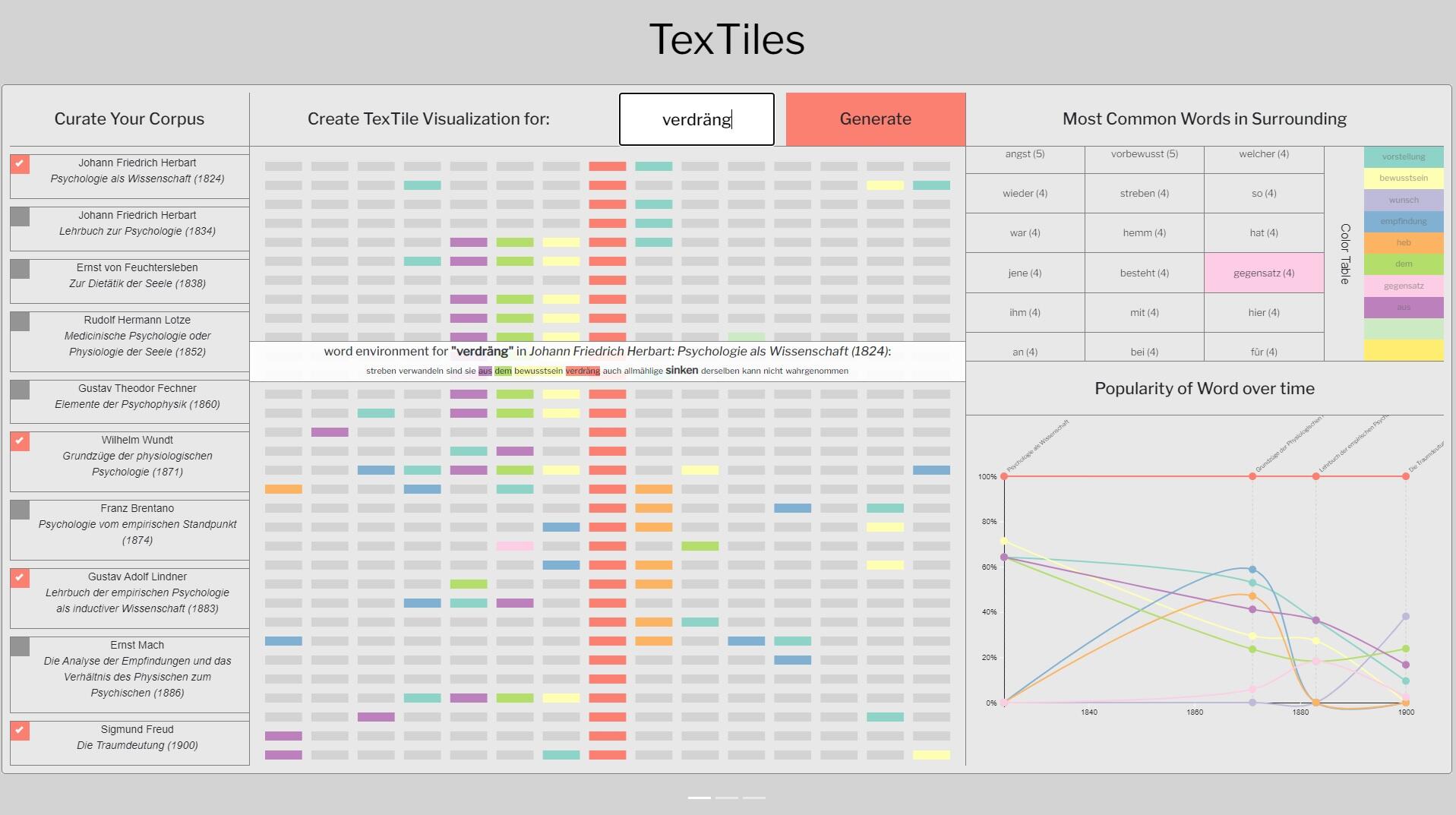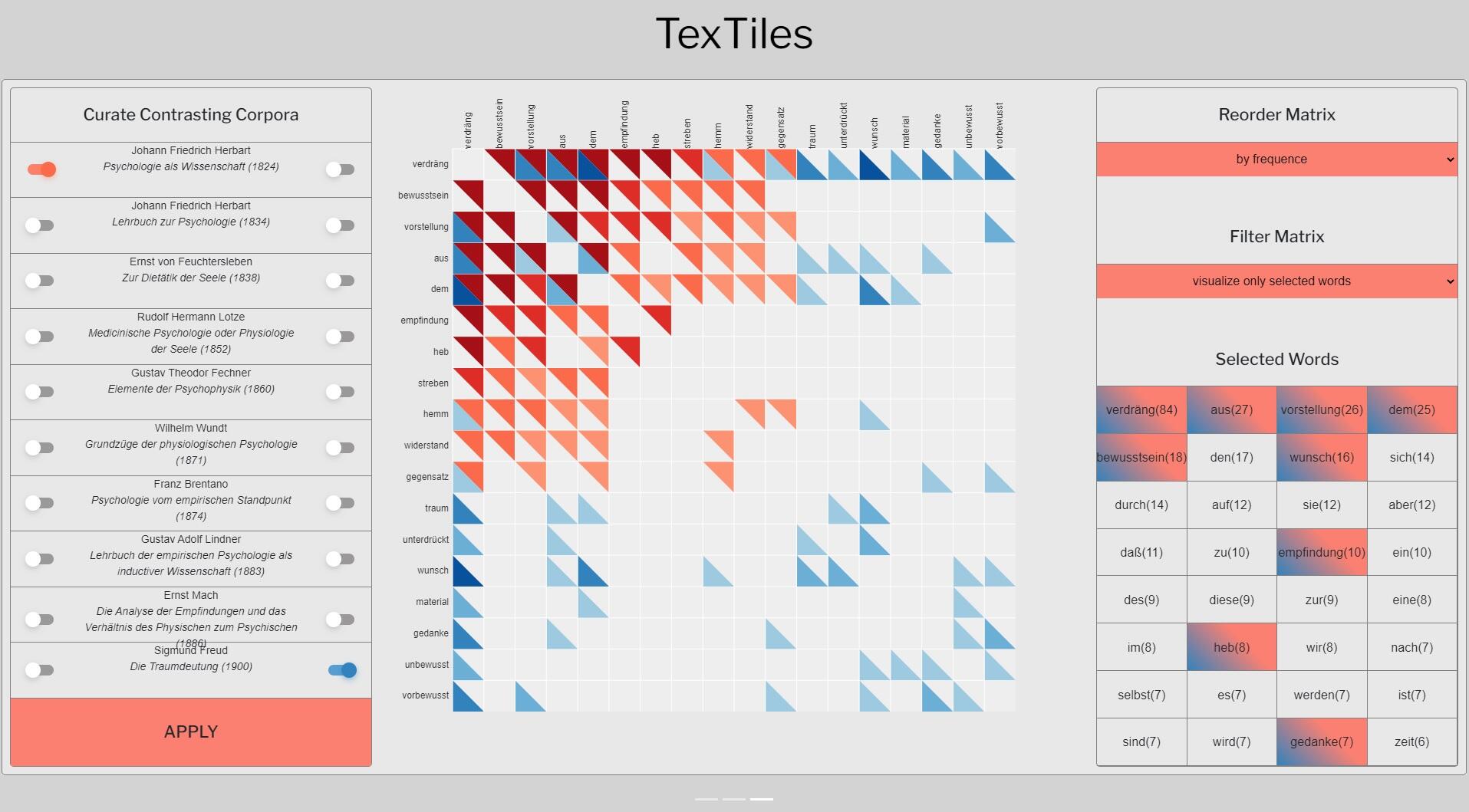 Before coming to Harvard, Robert studied German Literature and History at the University of Vienna and was a research assistant at the Ludwig Boltzmann Institute for the History and Theory of Biography. At Harvard, Robert continued to specialize in literature from the turn of the 20th century, while also working on questions of knowledge formation and transformation, as well as cultural theory. Taking advantage of the unique opportunity afforded to doctoral students at Harvard to graduate with a secondary field in another discipline, Robert is pursuing a secondary degree in computer science, which underpins his strong methodological interest at the intersection of structuralist theory and data science in the context of the digital humanities.
Before coming to Harvard, Robert studied German Literature and History at the University of Vienna and was a research assistant at the Ludwig Boltzmann Institute for the History and Theory of Biography. At Harvard, Robert continued to specialize in literature from the turn of the 20th century, while also working on questions of knowledge formation and transformation, as well as cultural theory. Taking advantage of the unique opportunity afforded to doctoral students at Harvard to graduate with a secondary field in another discipline, Robert is pursuing a secondary degree in computer science, which underpins his strong methodological interest at the intersection of structuralist theory and data science in the context of the digital humanities.
The Dissertation
In his dissertation, Robert is tracing the poetic structure of the unconscious by examining the formalization and literarization (Verdichtung) of psychological terminology in the long 19th century. He argues that the psychological discourse of the period produces a psycho-poetic function that is not only inscribed in the psychological texts of the time but that structures the very form of the texts. In this context, he is focusing on statistical, mathematical, and physical approaches that can be found in the works of Karl Philipp Moritz, Johann Friedrich Herbart, and Gustav Theodor Fechner. What is fascinating about these texts is that the authors’ attempts to come up with (mechanical) formulas to describe the subtle movements of the unconscious also produce a strongly regulated terminology and formalistic language that would influence the style of many authors to come.
Data Science, Data Visualization, and the Digital Humanities
To trace the formalization of psychological language in texts, Robert has developed an application called TexTiles that helps him to analyze word embeddings and find patterns for co-occurring words. Two sample screenshots are below.


This tool allows one to create networks of words that represent an author's language - meaning the combination of words that an author uses to describe specific psychological concepts. What is innovative about TexTiles is the matrix view, which displays two networks in a matrix representation, allowing the user to compare and contrast two authors and their concepts.

Outside the Germanic Languages and Literatures Department
Since 2019, Robert has been a Resident Tutor at Leverett House, where he serves as a sophomore adviser and intramural coordinator. While his main role is usually to advise students and organize events for the undergrad community, he has also built the digital platform Lev-Connect for the house community. Furthermore, Robert is co-captain and coach of the Harvard Men’s Club Volleyball Team. Robert is also a passionate climber and participates in climbing excursions with friends in his cohort as time permits.